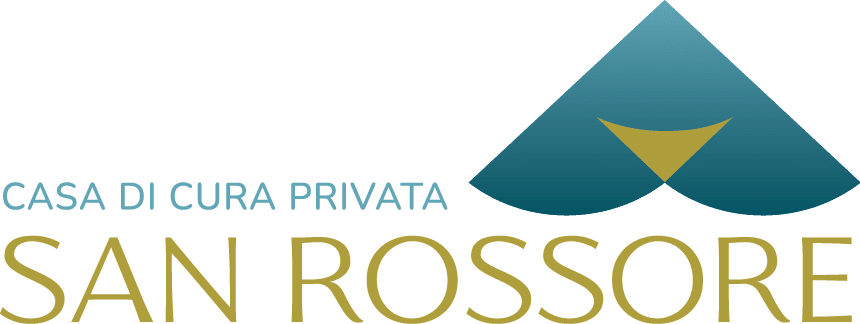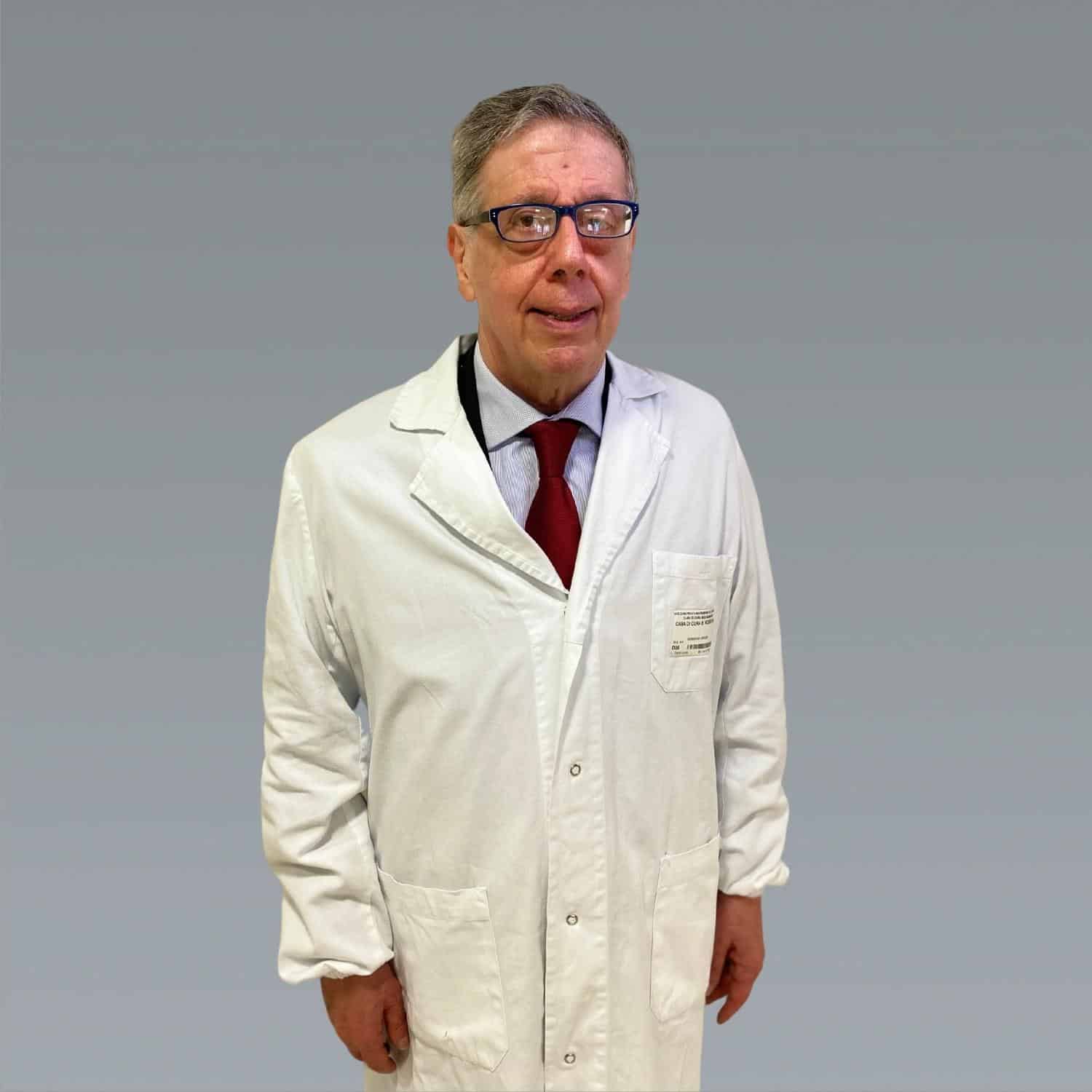Oncology
Clinical oncology activity encompasses within it several fields of interest: prevention, diagnosis, active medical treatment, as well as supportive therapy and palliative care. The oncology patient is thus followed at 360°, through a multidisciplinary evaluation that aims at the realization of the best diagnostic/therapeutic course and the best management of the individual. Inpatients are also offered nutritional and physiotherapy evaluation; as well as psycho-oncological support services (also aimed at family members) in order to improve their quality of life as much as possible.
As for systemic oncology treatments, they can be administered on an outpatient, day hospital or inpatient basis. These include traditional chemotherapy and hormone therapy (both with classical and new generation hormonal agents), administered intravenously and/or orally, but also innovative therapeutic weapons. In fact, for the past several years, new treatment strategies have been developed and implemented, which can increasingly personalize the treatment course for individual patients.
These include:
Molecularly targeted therapies (target therapy): the identification of specific proteins present in cancer cells allows them to be used as therapeutic targets (to date used extensively in colon, breast, kidney, lung, stomach, neuroendocrine, gist, melanoma cancers)
Immunotherapy: aims to destroy cancer cells by having our immune defenses recognize them so that they can attack them just as they do viruses. Immunological treatment has and is revolutionizing the fight against cancer, with results never previously achieved by other types of therapy and with acceptable and manageable side effects.
Increasing attention is also being paid to supportive therapies, to improve as much as possible the quality of life of the patient and their family members, looking at the whole person, supporting them together with their family. The goal is to care for the patient’s every need, from pain management to nutritional support, with 24-hour care available through a specialized inpatient facility that can temporarily accommodate
The treatment process is then followed in its entirety, from diagnosis to drug administration, from side effect management to end of life, seeking to support the patient in every need and expectation, both physical and psychological. The patient is put at the center of every activity and made an active part of the entire treatment pathway.

